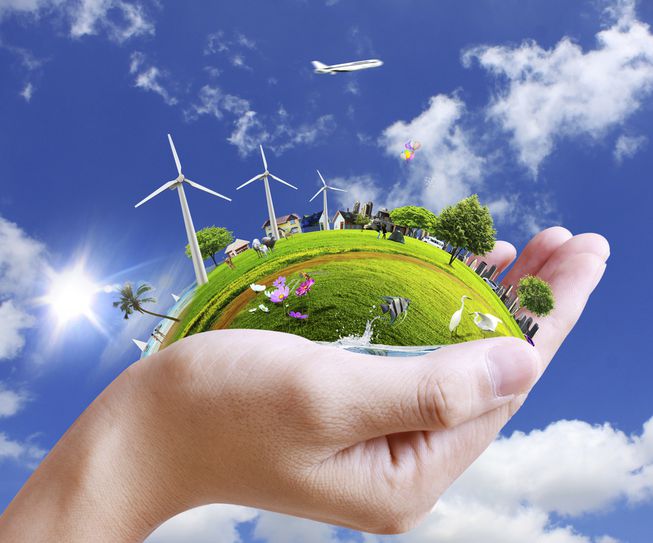By Syed Shukur Ali Shuvo
DHAKA, June 29, 2020 (BSS) – Thanks to sincere commitments and efforts of the present government led by Prime Minister Sheikh Hasina, Bangladesh has attained an outstanding success in the field of green energy as it secured second position in producing renewable energy (RE), especially off-grid solar solutions.
“Bangladesh is now generating 630.96 megawatt (MW) electricity from renewable sources of which 397.03 MW power come from solar system,” State Minister for Power, Energy and Mineral Resources Nasrul Hamid told BSS here today.
He said the government has developed power generation strategy based on fuel diversification to enhance energy security.
According to REN21’s Renewables 2020 Global Status Report (GSR) published recently, Nepal topped with 11 percent access to electricity from off-grid solar solutions, while Bangladesh and Mongolia jointly ranked second position with eight percent power from the same sources.
“One successful business model for the deployment of off-grid solutions is the concept of peer-to-peer electricity trading or ‘swarm electrification’, which had been tested among rural households in Bangladesh,” the report said.
In the wake of the extraordinary economic fallout of the COVID-19 pandemic, the International Energy Agency (IEA) predicts energy-related CO2 emissions are expected to fall by up to 8 percent in 2020, it said.
The Renewable Energy Policy obligates the renewable energy share to be 10 percent by 2020 that means it would be 2,000 MW, according to Sustainable & Renewable Energy Development Authority (SREDA).
According to the Ministry of Power, Energy and Mineral Resources, there are 5.5 million cumulative installations of Solar Home System (SHSs) in predominantly off-grid areas in the country, making it the largest off-grid RE programme in the world.
It said projects having generation capacity of 653.2-MW renewable energy are under implementation, while a plan has been taken to produce 1,487-MW power from RE in the country.
Besides, different ministries and departments have taken initiatives to generate 248.29-MW power from renewable energy.
The GSR said growth in renewable power has been impressive over the past five years. But too little is happening in heating, cooling and transport. Overall, global hunger for energy keeps increasing and eats up progress.
The government introduced net metering system to encourage RE based electricity generation in the country. Net-metering can potentially drive widespread implementation of distributed generation by incentivizing end-users to adopt localized power generation through RE technologies such as solar, wind and biomass.
“Years after years, we report success after success in the renewable power sector. Indeed, renewable power has made fantastic progress,” says Rana Adib, REN21’s Executive Director.
The SREDA said the government has adopted an action plan to ensure energy efficiency and conservation both on supply and demand sides. It has set the targets for energy saving such as saving 15 percent of total energy consumption by 2021 and 20 percent by 2030 through various energy-efficiency programmes.
The Power Cell showed that electricity generation capacity reached to 23,436-MW, and 97 percent people have now access to power.
The REN21 GSR said Bangladesh has currently RE goals including final energy and electricity generation. It has a number of policies in place to support distributed renewables for energy access (DREA).
The DREA targets mention the inclusion of the use of distributed renewables for both access to electricity and clean cooking in the country’s NDC and in their national energy access plan.
The administrative and legal provisions, tendering procedures, and quality frameworks and standards are in place to facilitate the development of DREA systems and public financing supports and financial incentives available to promote DREA throughout the country.



